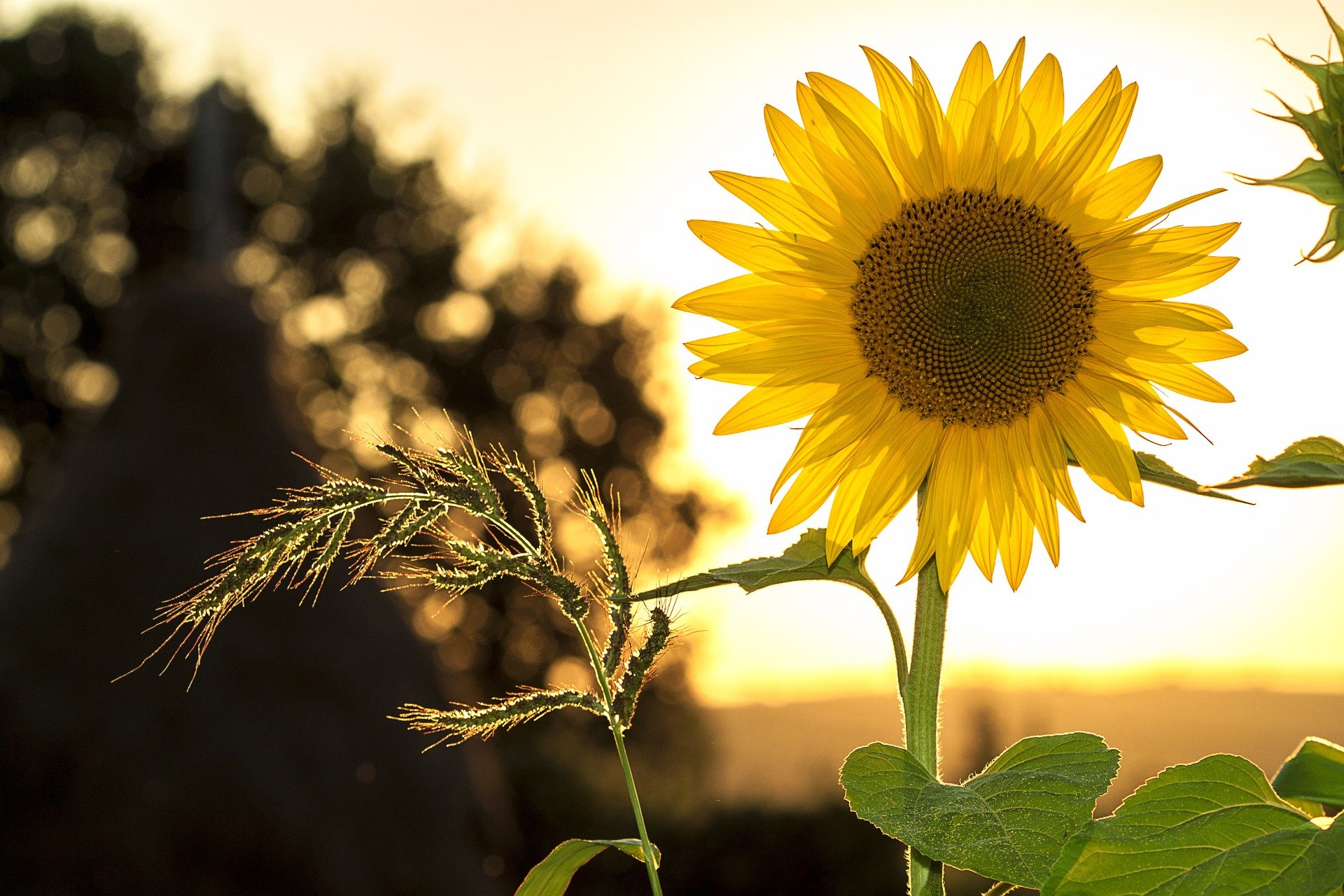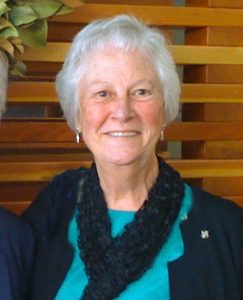- All
- Wisdom
- We Stand on Their Shoulders
- Vocation
- Uncategorized
- Stories Seldom Heard
- Spirituality
- Social Justice
- Prayer
- Peace
- Oneness
- Love
- Letting Go
- Lent
- Joy
- Inspirational Images
- Hope / Healing
- Holy Week
- Gratefulness
- God's Presence
- General News Stories
- Forgiveness
- Finding God
- Faith
- Easter
- Dominican Saints
- Discipleship
- Courage
- Christmas
- Catholic Sisters Week
- Care of the Earth
- Blessing
- Beauty
- Advent
- #justiceOPportunity
The Prophet Isaiah – An Advent Question
Sr. Patricia Bruno, OP

257th Edition
December 2020
The Prophet Isaiah – An Advent Question
How Would You Live Then?
What if one hundred rose-breasted grosbeats flew in circle
around your head? What if the mockingbird came into the
house with you and became your advisor? What if the bees
filled your walls….What if you finally saw that the sunflowers,
turning toward the sun all day and every day—who knows how,
but they do it—were more precious, more meaningful than gold? (1)
 Welcome to Stories Seldom Heard. I would like to especially welcome the retreatants of St. Anne Parish, Ashland, Virginia, who are participating in our online retreat that will end during the second week of Advent. If you would like to have an online retreat for your faith community, prayer group or parish, please let me know.
Welcome to Stories Seldom Heard. I would like to especially welcome the retreatants of St. Anne Parish, Ashland, Virginia, who are participating in our online retreat that will end during the second week of Advent. If you would like to have an online retreat for your faith community, prayer group or parish, please let me know.
Over the last few months, we have been discovering the minor prophets. As I said before, being a minor prophet does not mean the person is not important. Rather the distinction between “major” and “minor” prophets indicates how much writing has been attributed to the person. Those prophets who have large books associated with them are considered “major” prophets.
As we approach Christmas we will be hearing from a variety of prophets. One of these prophets is Isaiah, a major prophet. Like the other prophets, Isaiah directs some harsh words to the Israelites that are also meant for us who strive to live holy lives. But he also offers us some majestic and endearing images of God. I thought it might be inspiring to hear some of his ponderings about God and our natural world as we approach Advent and winter begins to change our landscapes. Along with Isaiah, I have added some quotes from the Book of Job and St Paul. Even though their writings are separated by many centuries, they seem to be in conversation with each other – each in his own way celebrating the miracle and sacredness of creation.
Isaiah says look around. Observe! All creation begs our attention as it proclaims our God who “measured the water of the sea in the hollow of his hand and calculated the dimensions of the heavens, gauged the whole earth to the bushel, weighed the mountains in scales, the hills in a balance.” (Is. 40:12-14) Isaiah continues and challenges us to take notice of the unfathomable wonders that surround us. “To whom could you liken me and who could be my equal? Lift up your eyes and look. Who made these stars…calling each one by name?” (Is. 40:26) “Who could have advised the Spirit of God, what counselor could have instructed God?” (Is.40:13) Isaiah then follows with the answer. “Thus says God,…I made all things, I alone spread out the heavens.” (Is. 44:24)
The Book of Job also sets up a dialogue. Only this time it is between God and Job. God asks Job, “Have you ever in your life given orders to the morning or sent the dawn to its post, telling it to grasp the earth by its edges and shake the wicked out of it, when it changes the earth to sealing clay and dyes it as a person dyes clothes…? Have you journeyed all the way to the source of the sea?…Have you an inkling of the extent of the earth?’”
These questions might sound facetious, but they are serious. The questions invite us to ponder the wonders of creation and to acknowledge our own limitations. They remind us of the multitude of reasons why we trust our Creator God to bring us through jubilant and difficult times. These and similar passages influenced the New Testament writers. Certainly St. Paul, a devout Pharisee, would have known these passages by heart. In fact, Paul’s Letter to the Romans sounds as though Paul is responding to God’s questions. “How rich are the depths – how deep God’s wisdom and knowledge and how impossible to penetrate God’s motives or understand God’s methods! Who could ever know the mind of God? Who could ever be God’s counselor? Who could ever give God anything or lend God anything? All that exists comes from God; all is by God; and for God. To God be honor and glory!” (Rom. 12:33-36).
Isaiah, Job, Paul and other scripture writers encourage us to ponder our Creator God whose love flows out to us and is expressed through our dynamic galaxies and universes. They remind us to trust in this God who is our beginning and dwells within us. This is the God in whom we believe: a God who is forever new and who calls us to new life every day.
Isaiah, Job and Paul remind us that one of the ways God expresses God’s presence and care for us is through the wonders of creation. They encourage us to observe the change of season and allow creation to deepen our trust in our Wise God. Their insights and questions also raise an Advent question for us. “As we ponder the changing landscapes of our lives and the world around us, what in us needs to die so that new life might be birthed? What new life is begging to be born?” Mary Oliver captures the mystery, wonder and beauty of this slow transformation in more poetic language.
The caterpillar, interesting but not exactly lovely, humped along among the parsley leaves eating, always eating. Then one night it was gone and in its place a small green confinement hung by two silk threads on a parsley stem. I think it took nothing with it except faith and patience. And then one morning it expressed itself into the most beautiful being (2). Christmas Blessings.
- Blue Iris, Mary Oliver, “How Would You Live Then?” Beacon Press, Boston, MA, 2004, p. 57. A suggestion: read the whole poem online.
- Red Bird, Mary Oliver, “Black Swallowtail,” Beacon Press, Boston, MA., 2008, p. 40
Special thanks to Mary Ellen Green and Maria Hetherton who have helped in editing this article.
“Stories Seldom Heard” is a monthly article written by Sister Patricia Bruno, OP.
